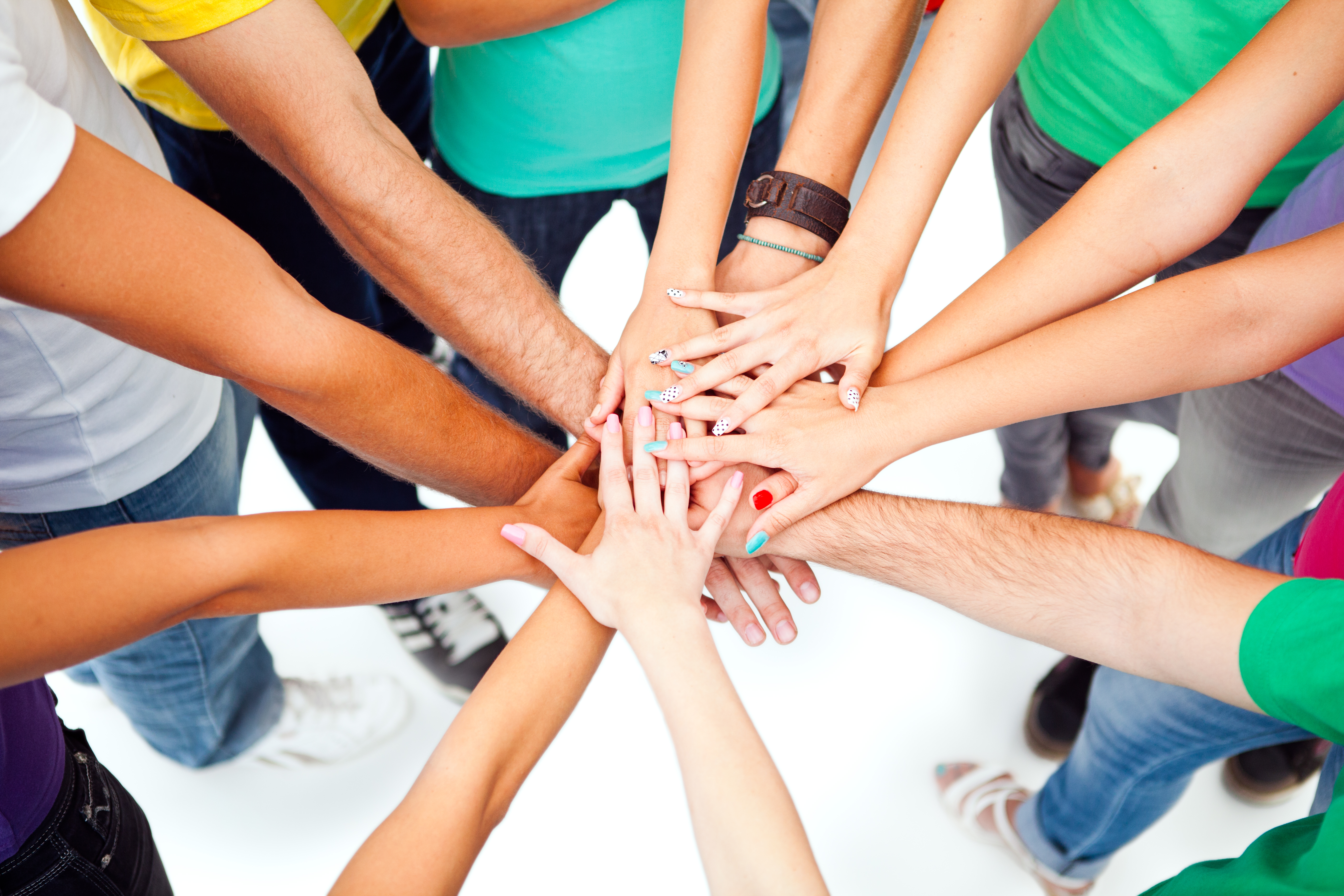
Relapsing after working towards sobriety or steering clear of drugs and alcohol can be devastating, not only for the individual experiencing the relapse but also for those around them. If you have someone in your life who has recently relapsed, there are a few ways you can lend support as they continue on their road to recovery.
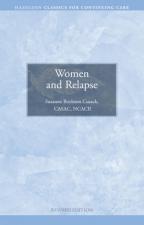 Women and Relapse – Home of the very best in recovery books and unique gifts
Women and Relapse – Home of the very best in recovery books and unique gifts
What happens when a chemically dependent woman, sober for one week, one month, one year, or twenty years, has a relapse? Does the amount of time make it any better or worse?
Give them Space
After a relapse, the friend or loved one you know may be embarrassed, humiliated, and ashamed, especially if they have been working hard to remain sober and away from substances that trigger them. After a relapse first occurs, it is often best to give someone who has relapsed a bit of space, as they may need to get their thoughts and emotions in order.
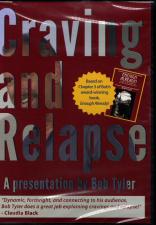 Relapse Prevention- A DVD about Craving and Relapse
Relapse Prevention- A DVD about Craving and Relapse
“Craving and Relapse,” was filmed in front of a live audience at Cal State University at Long Beach. Based on the time-tested Gorski Model of relapse prevention, this preventive DVD captures all the energy and enthusiasm of the presentation Bob’s been doing in universities, treatment programs, and conferences for over 25 years!
Use Empathy and Compassion
You may be feeling frustrated, angry, or saddened by the relapse of someone you know. However, it is essential to maintain empathy and compassion when offering support to someone, especially if they have just relapsed and are still recovering from the incident. While it is important to provide them with proper support and guidance, sometimes those who mean the most to us need a bit of emotional support.
Staying Sober: A Guide for Relapse Prevention discusses the addictive disease and its physical, psychological, and social effects. They also identify sobriety-based symptoms, outline management techniques to lower the risk of withdrawal, and explore our mistaken beliefs about relapse to help us change our attitudes and behaviors.
Love This: The Staying Sober Workbook
Allow Them to Come to You
By providing a loved one with space after they have relapsed, they will most likely feel more comfortable coming to you once they are ready. After relapsing, individuals are more likely to turn to those who did not rush to judgment or shaming of their choices, even if they acknowledge their choices were not ideal.
“In this emotional and thought-provoking presentation discussing Shame and drug addiction treatment , Bob provides recovering addicts and alcoholics essential tools for “mastering” shame and taming the “Shame Monster.”
Offer Support and Resources
Once your friend or loved one is comfortable with opening up to you about their relapse experience, you can begin to offer support. Depending on how you want to support your friend or loved one, you can offer to help them find therapy or even a 12-step program that is right for them. The best way to lend support to someone who has recently experienced a relapse is to simply be there for them as they attempt to rebuild from the ground up.
Dealing with a relapse is never easy, whether you have personally experienced a relapse or know someone who has recently relapsed. By understanding how someone you know may feel after relapsing, you can better navigate how to provide them with the proper tools, resources, and emotional support they may need.
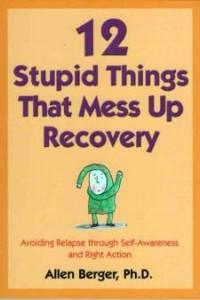 12 Stupid Things That Mess Up Recovery by Allen Berger, Ph.D.
12 Stupid Things That Mess Up Recovery by Allen Berger, Ph.D.
Avoiding Relapse through Self-Awareness and Right Action Softcover, 136 pp. Author: Allen Berger, Ph.D. $ 14.95 Reg. Price $15.95 You Save $1.00 in stock New
For more information on 12-step programs and solutions that can help someone you know who has relapsed, learn more here.

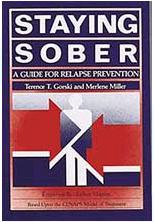 Staying Sober: A Guide for Relapse Prevention (Softcover) – Home of the very best in recovery books and unique gifts
Staying Sober: A Guide for Relapse Prevention (Softcover) – Home of the very best in recovery books and unique gifts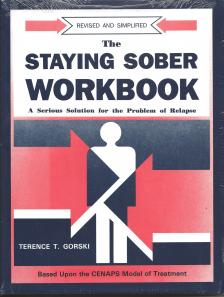 The Staying Sober Workbook
The Staying Sober Workbook Coping with Emotions & Drug Addiction treatment: Shame – Home of the very best in recovery books and unique gifts
Coping with Emotions & Drug Addiction treatment: Shame – Home of the very best in recovery books and unique gifts